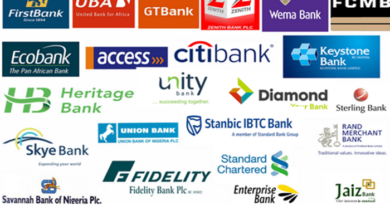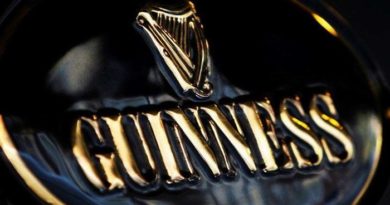Investor confidence in Nigerian economy rises
There are strong indications that investors confidence in the nation’s economy has improved as the portfolio of indices report released by NOIPolls Limited for the first quarter of 2017 indicated that the Consumer Confidence Index (CCI) has inched up by 4.6-point as it is currently standing at 62.7-points.
The CCI designed to measure the amount of optimism that consumers have on the state of the economy which is usually expressed by either spending or saving indicated that consumers’ degree of confidence about the overall state of the economy in relation to their personal financial situation has slightly improved.
It observed that the intervention of the Central Bank of Nigeria (CBN), in the foreign exchange market has influenced the general positive attitude of consumers; given that consumers rationally base their decisions on the general outlook of some economic variables such as, inflation rate, interest rate, exchange rate, unemployment rate, etc.
The report stated that the Present Situation Index (PSI), which is one of the two independent variables that make up the CCI, experienced an increase of 10.7-points to stand at 34.3-points, while the other, the Expectation Index (EI) remained the same at 84.-points.
Also, all the indicators that constitute the PSI and the EI experienced an increase except the Expected Total Family Income Index declined by 4.2-points to stand at 67.9-points.
The report also revealed that Present Economic Situation Index experienced the highest increase of 14.1-points and this contributed to the overall increase of the CCI. These are the key highlights from the Q1, 2017 Portfolio of Indices Press Release.
It would be recalled that in February 2014, NOIPolls Limited introduced its portfolio of indices; the NOIPolls Personal Well-Being Index (PWBI), the NOIPolls Consumer Confidence Index (CCI) and the NOIPolls Eagle 30 Business Confidence Index (EBCI).
The NOIPolls Personal Well-Being Index measures factors impacting on the lives of everyday Nigerians; thereby producing a complete view of the individual’s personal well-being.
The NOIPolls Consumer Confidence Index provides consumer assessments of the economic situation and their intentions and expectations for the future.
The NOIPolls Eagle 30 Business Confidence Index measures business leaders’ perceptions and expectations about the Nigerian business environment using the top 30 companies in the country.
Nigerian businesses, financial and government agencies largely depend on their perceptions and micro assessment of consumers’ expectation in making decisions.
At best, they draw conclusion on the business environment based on information from their immediate surroundings while the minorities conduct surveys that are time and money consuming.
The introduction of these indices provides indicators that will ensure stakeholders can detect and respond to changes in consumer behavior, the economy, and the business environment in Nigeria.
“In Q1, 2017, the NOIPolls Consumer Confidence Index (CCI) experienced an increase of 4.6-points to stand at 62.7-points. This significant increase in the consumer confidence could infer that Nigerians are expected to increase their purchases of goods and services, thus, manufacturers may increase production and stocks whereas, large organisations may increase employment rates, government may also expect improved tax revenues based on the increase in consumer spending.”
“Therefore, it is advised that businesses, economic analysts, investors and the Government take advantage of this increase in consumer confidence though with caution because the CCI may adjust dramatically on the day the Index is released. However, this will probably only happen if there is a lot of uncertainty about the economy.”
“The NOIPolls Consumer Confidence Index consists of 2 independent variables; the Present Situation Index (PSI) and Expectation Index (EI). The PSI measures general consumer thoughts in relation to the present economic situation and in Q1 2017, the PSI stood at 46.9-points. While the EI, which evaluates the overall consumer sentiments toward the short-term future economic situation, stood at 84.9-points in the same period,” it added.




